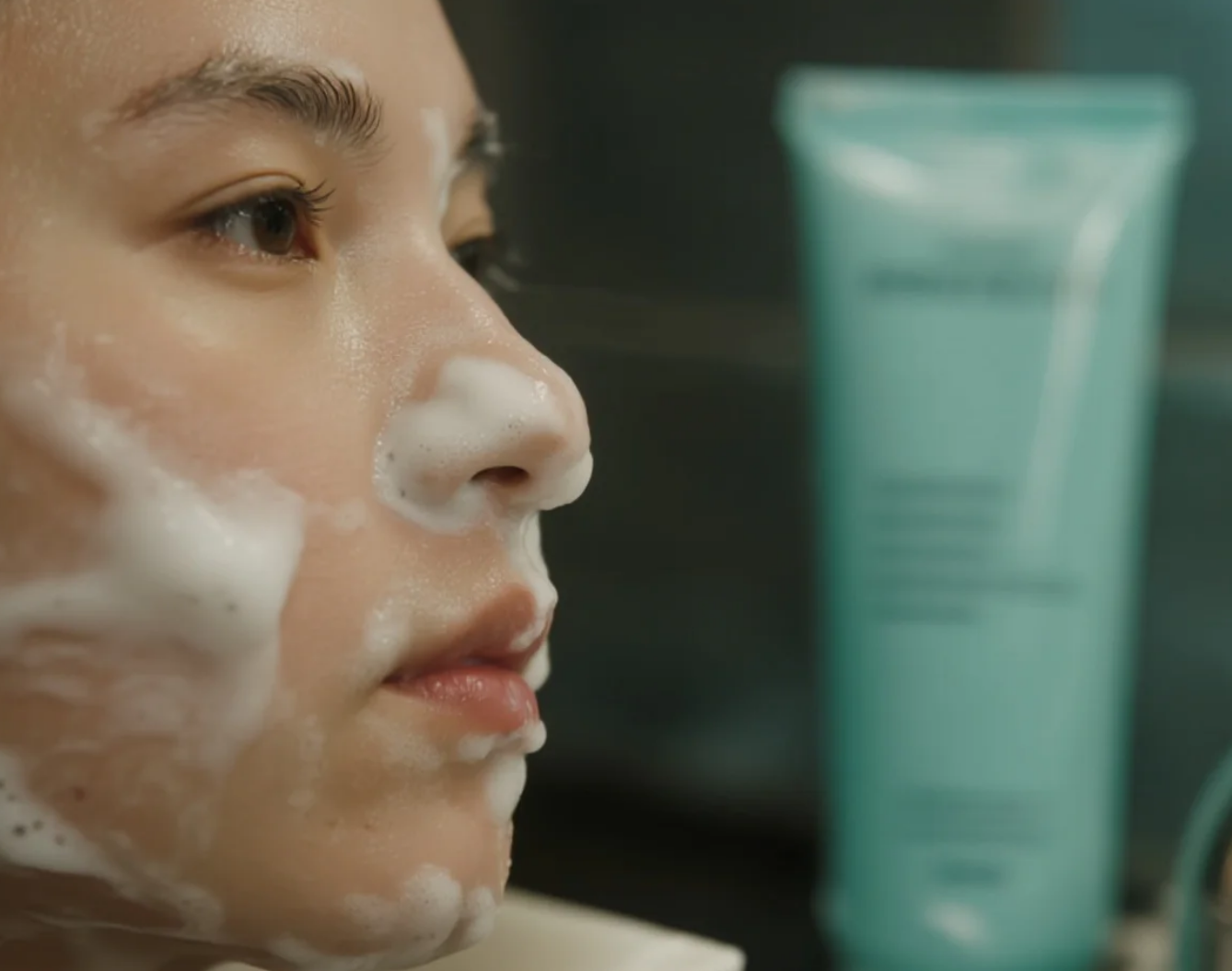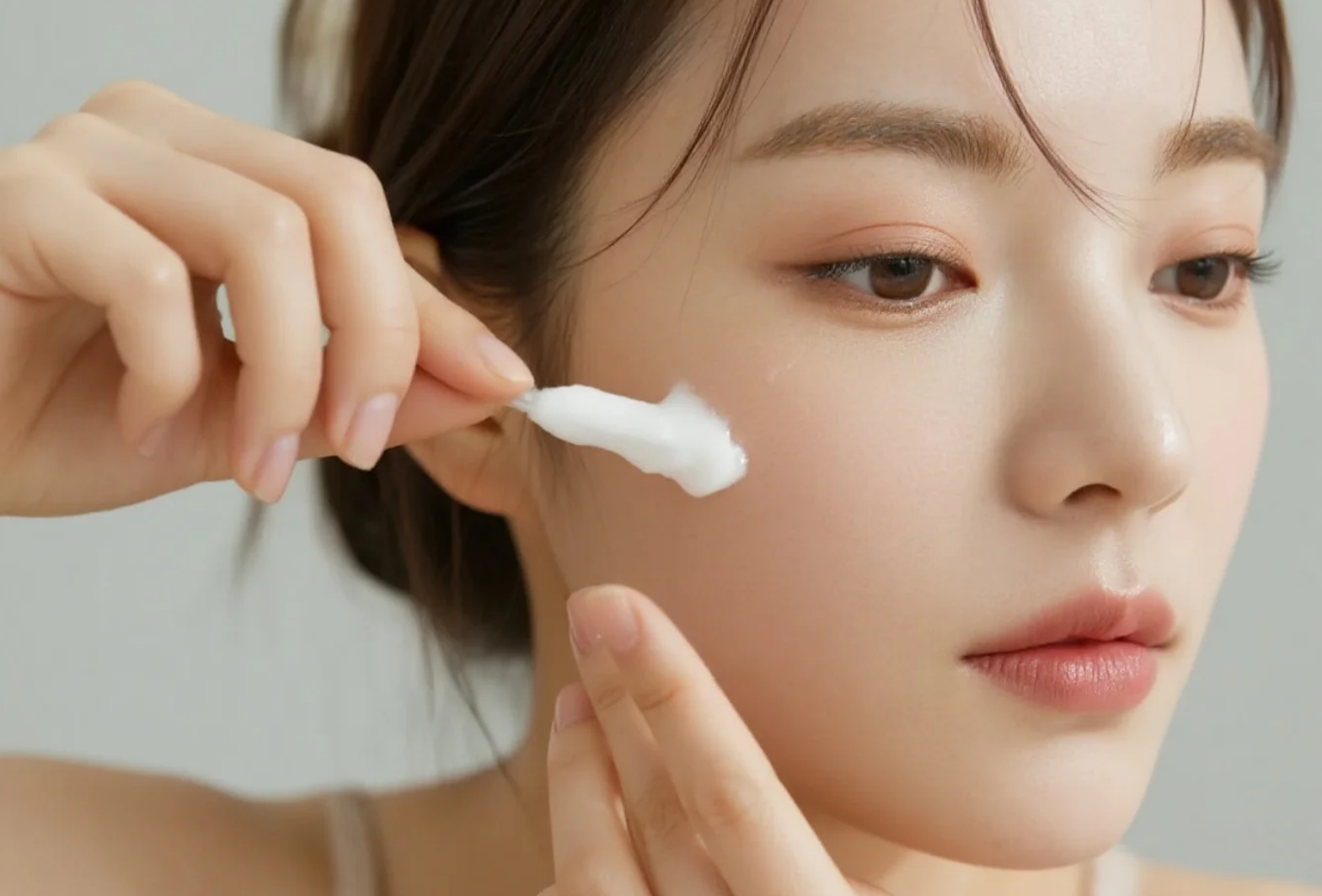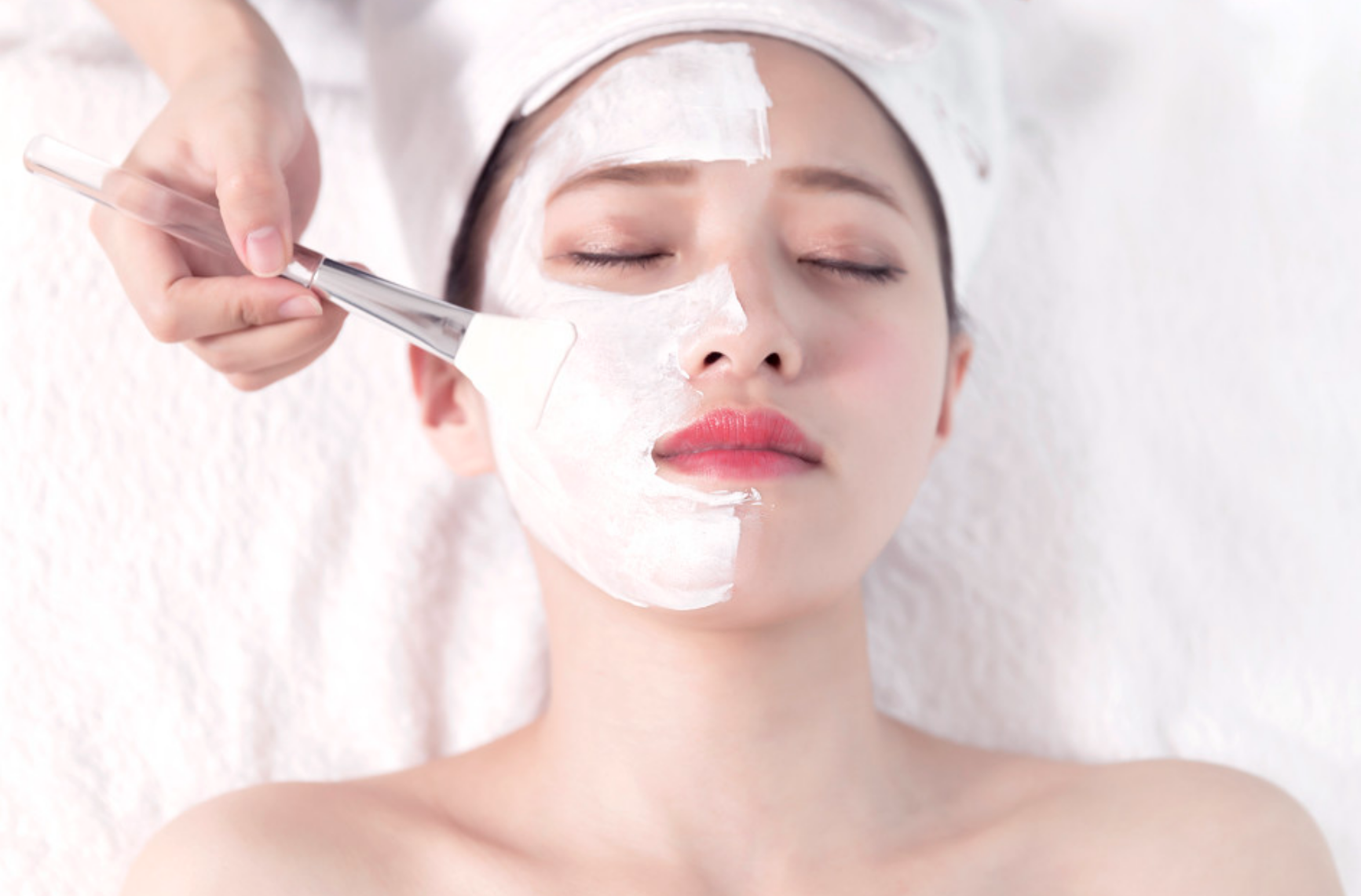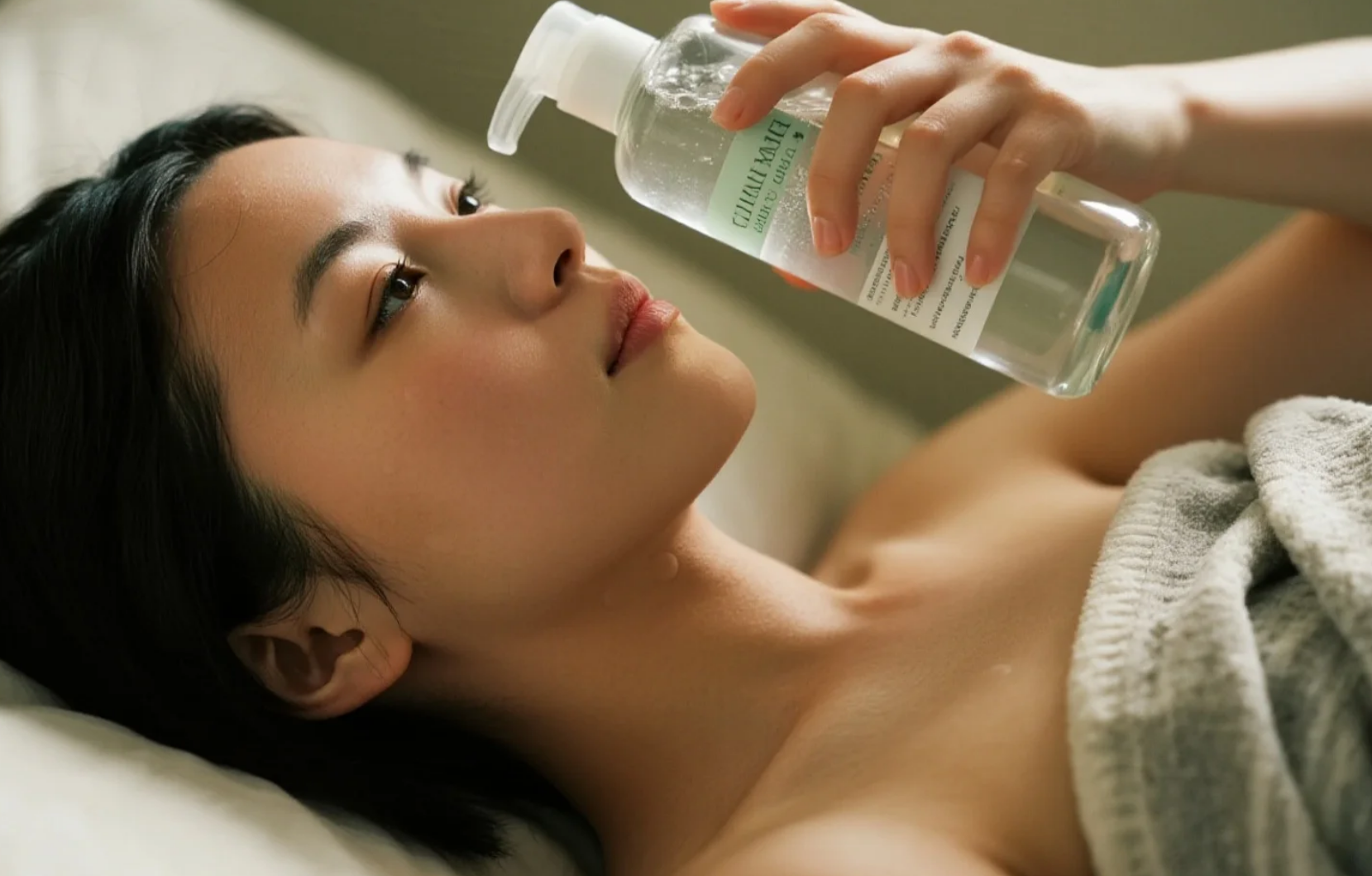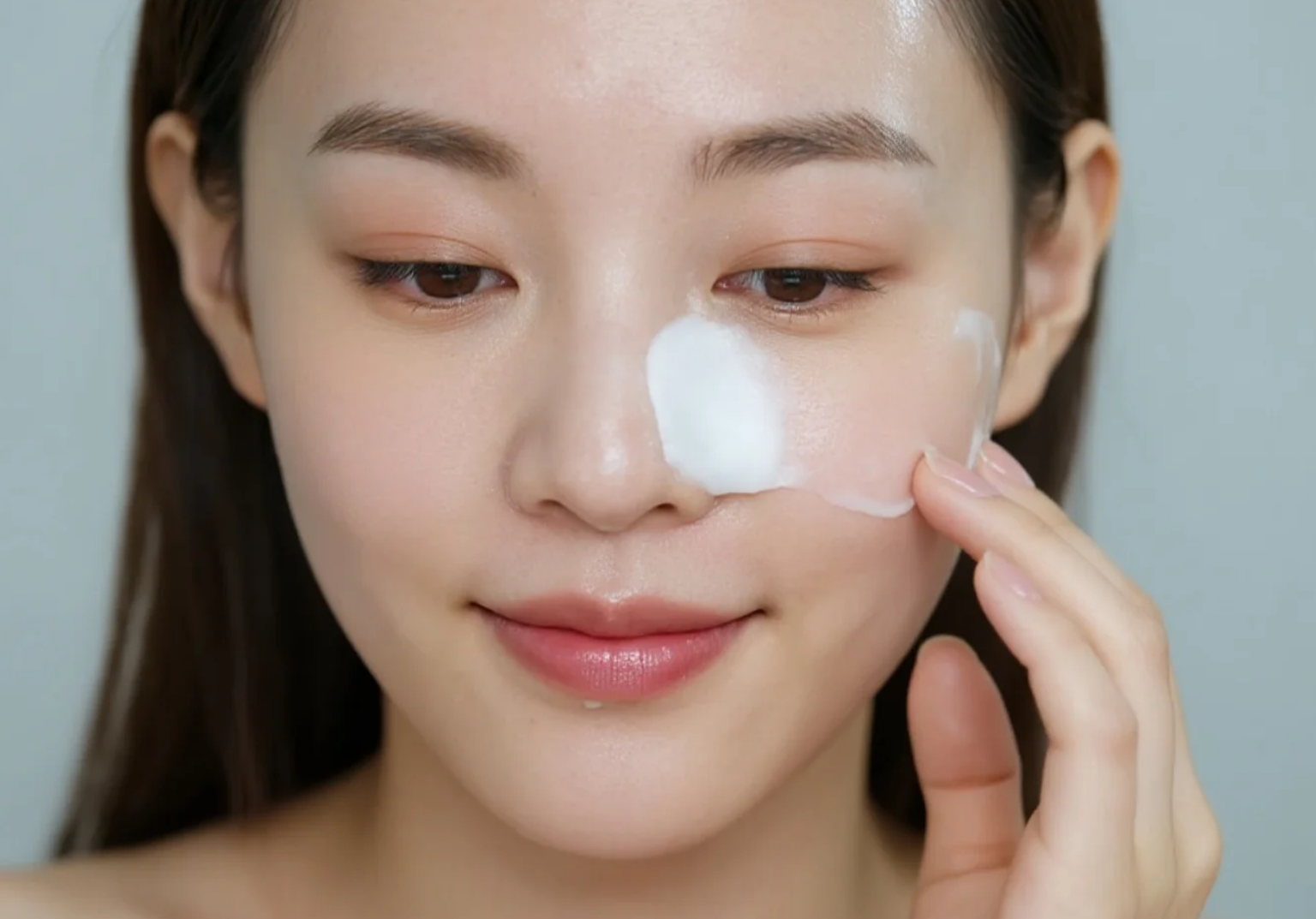What to do about dry, itchy skin in autumn and winter? A scientific skincare guide
With the arrival of late autumn, temperatures gradually drop and the air becomes unusually dry. Many people begin to experience dry, itchy skin. Whether it's Aunt Li in the south, Xiao Zhang, a white-collar worker in the north, or even Ms. Wang, a busy doctor, they all experience the pain of "thirsty" skin in autumn and winter. This isn't just simple dryness on the surface; it's a sign of impaired skin's natural barrier function and increased moisture loss. If not addressed promptly and scientifically, dryness and itching not only impact quality of life but can also lead to more serious skin problems. Understanding the causes of dry, itchy skin in autumn and winter and scientific skincare methods are essential for everyone.
Why is skin so fragile in autumn and winter? The root cause lies in the combined influence of the environment and lifestyle. As temperatures drop, humidity plummets, and moisture evaporation from the skin's surface accelerates, far exceeding the skin's natural ability to hydrate. The skin's outermost layer, the stratum corneum, is like a "brick wall" composed of keratinocytes and intercellular lipids. In a dry environment, it loosens and even cracks, weakening its protective properties and causing continuous moisture loss. This leads to dry, rough skin, even flaking, cracking, and itching. While heating and air conditioning provide warmth, they also exacerbate dryness, becoming an invisible threat to skin health. Furthermore, overheated baths and frequent use of bath products containing harsh detergents can damage the skin's natural sebum barrier, further weakening its moisturizing function. Many people indulge in long, hot showers during cold weather, unknowingly realizing that this "comfortable" habit is invisibly damaging their skin, triggering or exacerbating itching and inflammation.
Skin health is also closely linked to our lifestyle. An unhealthy diet, insufficient water intake, irregular sleep patterns, and high mental stress can all impair the skin's ability to repair itself. A lack of essential fatty acids, vitamins, and antioxidants can impair the skin's barrier function, reducing its ability to resist external aggressors and making it more susceptible to dryness and itching. Prolonged sleep and mental stress can affect the skin's immune function through neuroendocrine pathways, exacerbating inflammatory responses. Dry and itchy skin isn't caused by a single factor, but rather by a complex interplay of internal and external factors.
Facing autumn and winter's "thirsty" skin, scientific skincare is the most effective strategy. The first step is gentle cleansing. Avoid using highly alkaline, soap-based cleansers and overheated water. Opt for mild, soap-free, slightly acidic cleansers and gently wash your skin with warm water. Excessive cleansing not only strips away the sebum barrier but can also damage the skin barrier, exacerbating dryness and itching. Bathing should be limited to 10 minutes or less, and the water temperature should not exceed 40°C to minimize skin irritation. Gentle cleansing lays a solid foundation for subsequent moisturizing.
The second step is precise moisturizing. Moisturizing isn't just about hydrating; it's about locking in moisture. Hydrating ingredients like hyaluronic acid and glycerin attract and retain moisture, while occlusives like petrolatum and mineral oil form a protective barrier on the skin's surface, preventing it from evaporating. During dry seasons, choose a thicker cream or ointment to enhance moisture retention. Ideally, moisturizing products should be applied while the skin is still hydrated, maximizing its absorption capacity. With consistent application, the skin barrier function will gradually recover, significantly alleviating dryness and itchiness.
 The choice of skincare ingredients is crucial. The core of the skin barrier is the lipid structure in the stratum corneum. Ceramides, cholesterol, and fatty acids are key components, repairing damaged "brick walls" and restoring barrier function. Hyaluronic acid and glycerin act like a sponge, absorbing moisture, while petrolatum and mineral oil act like plastic wrap, sealing in moisture. Depending on your skin type, oily skin should choose a light moisturizer, while dry skin requires a more nourishing cream. Understanding the role of these ingredients will help you choose the right skincare products for you and maximize your results.
The choice of skincare ingredients is crucial. The core of the skin barrier is the lipid structure in the stratum corneum. Ceramides, cholesterol, and fatty acids are key components, repairing damaged "brick walls" and restoring barrier function. Hyaluronic acid and glycerin act like a sponge, absorbing moisture, while petrolatum and mineral oil act like plastic wrap, sealing in moisture. Depending on your skin type, oily skin should choose a light moisturizer, while dry skin requires a more nourishing cream. Understanding the role of these ingredients will help you choose the right skincare products for you and maximize your results.
In addition to external care, improving your living environment is equally important. Using a humidifier to increase indoor humidity, especially in environments with heating and air conditioning, effectively reduces moisture loss from the skin. When choosing clothing, choose pure cotton. Avoid rough wool or synthetic fibers that generate static electricity, as this can cause irritation and itching. A balanced diet and a healthy sleep and rest habits are the cornerstones of internal well-being. Consuming deep-sea fish, nuts, and seeds rich in omega-3 fatty acids, as well as foods rich in vitamins A, C, and E, can strengthen the integrity and repair capacity of the skin barrier from within. Maintaining adequate fluid intake helps maintain hydration and plumpness in skin cells. Maintaining a regular sleep schedule and reducing stress can also promote skin health and enhance resistance to dryness and inflammation.
During your skincare routine, if you experience severe itching accompanied by redness, swelling, oozing, scabs, or an expanding rash, and if conventional skincare is ineffective, seek medical attention and seek diagnosis and treatment from a professional dermatologist. Certain skin conditions, such as eczema and atopic dermatitis, require professional medical intervention. Blindly self-medicating or delaying treatment can worsen the condition and affect your quality of life.
In short, dry and itchy skin in autumn and winter is not an insurmountable problem. Through scientific cleansing and moisturizing, appropriate product selection, improved living environment and dietary habits, and timely medical intervention, we can completely help the skin resist dryness, rebuild a healthy barrier, and keep it soft, smooth, and comfortable even in the cold season. Paying attention to the skin's "hunger" signals and equipping ourselves with scientific skincare knowledge can truly make autumn and winter no longer a challenging season for the skin, but a season of health and confidence.
